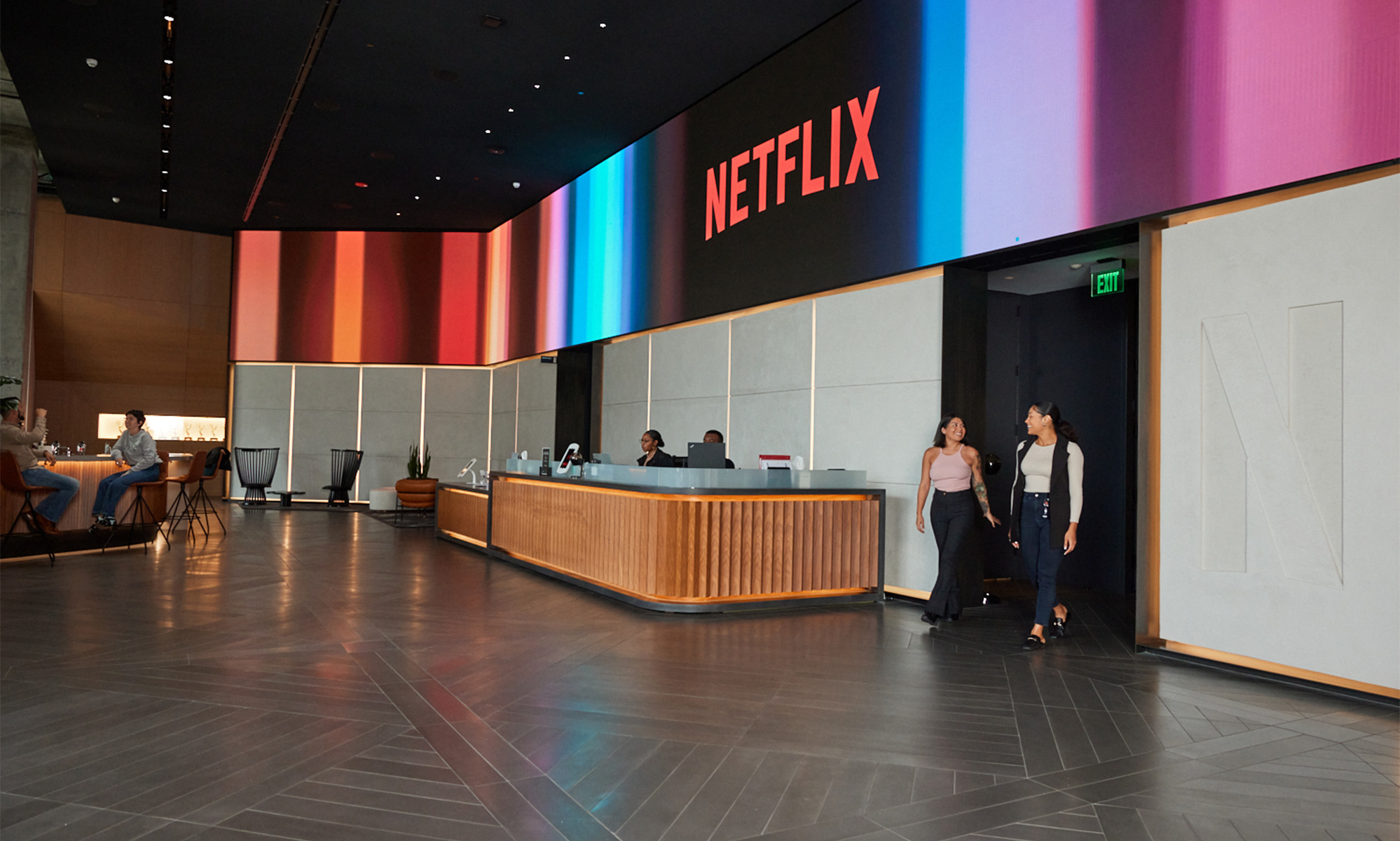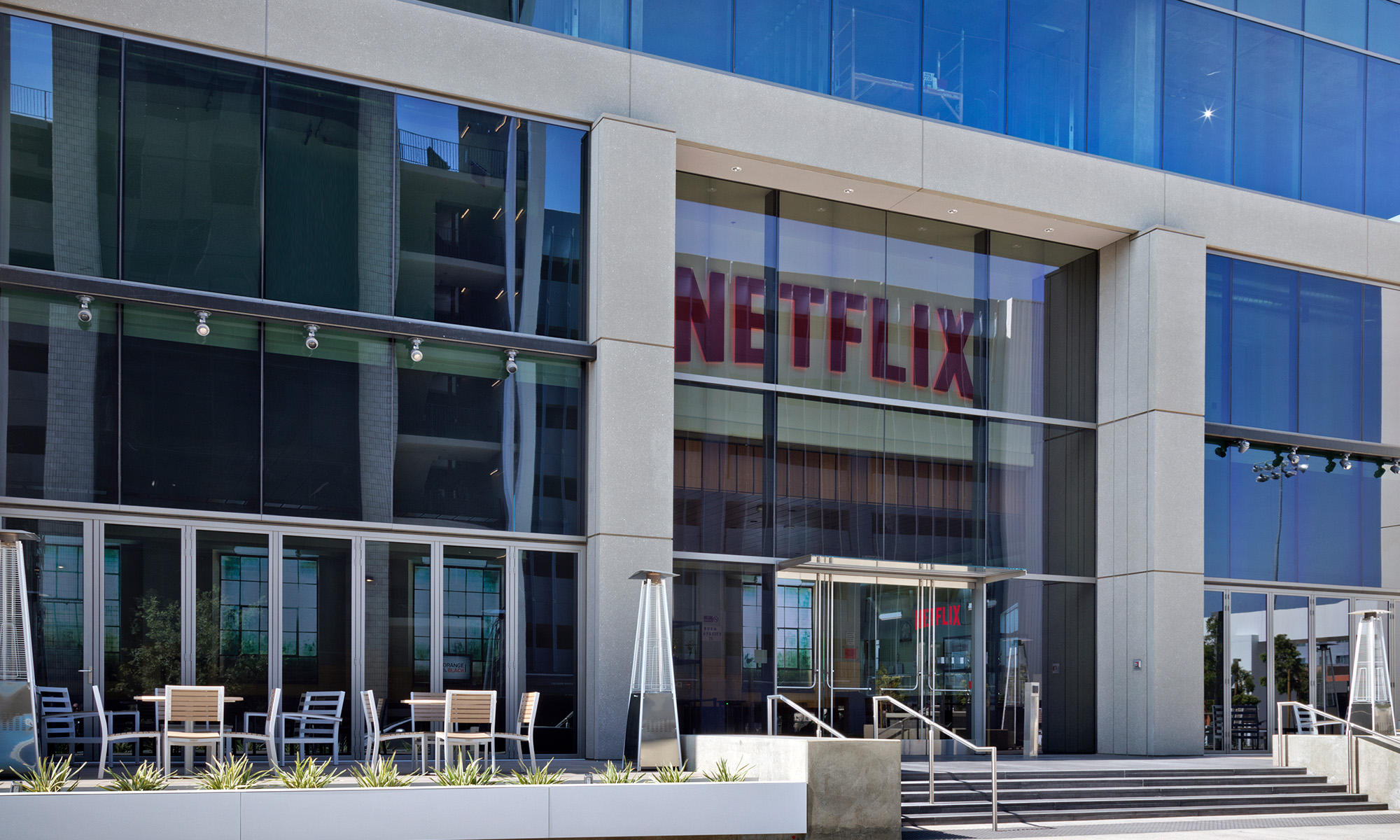Last week, Netflix's (NFLX +1.02%) announcement that it had beaten its already-aggressive goal for international expansion by about a year stole the show at the 2016 Consumer Electronics Show in Las Vegas.
In this clip, Chris Hill and David Kretzmann talk about what that means for the company, how it accomplished such a huge undertaking without drawing notice until now, and what the streaming service can now do that no other player in the entertainment space can. They also examine how Netflix might change the entertainment industry, and how beating its own growth trajectory plan will affect its financial guidance going forward.
A full transcript follows the video.
This podcast was recorded on Jan. 11, 2016.
Chris Hill: Let's start, first and foremost, with Netflix making headlines last week, not just rolling out some new shows, but ... 190 countries?
David Kretzmann: Yeah, big news.
Hill: Already?!
Kretzmann: Netflix stole the show.
Hill: How did they do this?
Kretzmann: They were really ramping up their international expansion. You go back to the middle of 2015, Reed Hastings and Co. there, they had basically announced that their aggressive international expansion trajectory would look like them entering a total of 200 countries essentially by the start of 2017. Netflix knows how to put on a show. So, during their keynote address Wednesday morning at CES, to wrap that up, Reed Hastings says, "And now, we're turned on in 130 more countries, so that brings Netflix to 190 countries as of this week." So, certainly accelerating their international expansion more than, I think, anyone would have expected.
Hill: This is a company you know well. You were there with Matt Argersinger, Brendan Matthews. This is a room full of people who are, I'm assuming, not easily wowed, people who are used to listening to company executives talk. Was this a jaw-dropping moment? I just imagine ... were you guys stunned when he said that?
Kretzmann: I know we were. With The Motley Fool, we have a unique perspective from most people there, in terms of the press and the other analysts who were there, because we're looking at it from an investing perspective. So, certainly, for us, it was a jaw-dropping moment. I think all of us were pretty stunned. Like, "Wow, this is a big moment for Netflix and the entertainment industry," because Netflix is now in a position that no other company is in, especially because, you have to remember, at the same time that Netflix is expanding internationally, they're also rolling out their original programming, their original content. So now, Netflix can do something that no one else on the planet in the media space can do.
As soon as they release an original show, like season 4 of House of Cards in March, it's going to be available around the world instantaneously at the same time. So there's not going to be, with their original content, any of this, "It'll be available in the U.S. in March, it'll be available in Australia in July, it'll be available in New Zealand next year." It'll all be available at the same time. So, just something as seemingly simple as that is, I think, pretty revolutionary for the space. This announcement really changes a lot for Netflix and the industry as a whole.
Hill: And I think we've talked about this before. One of the things that's easy to miss with Netflix -- and I don't think Netflix is alone in this regard, but I think they are the leader in this regard -- is the data that they have access to: being able to analyze what their viewers are doing, what they're watching. Not just so they can serve up additional programming and say, "Oh, if you like this, here are five other shows or movies you might like along those same lines," but even going so far as to be able to use that data to plan launches.
I was listening to an interview recently with Bill Burr, who is a stand-up comedian that I like a great deal, and he has a new animated series on Netflix called F is for Family, and one of the things he talked about in this interview I was listening to was, not just the guidance that he got from Netflix in terms of how to shape the show -- because I had just assumed Netflix was good at identifying people, and others are good at this as well. I think John Landgraf at FX is very good at this, I think HBO is certainly very good at this, at identifying creative people and saying, "We want to work with you, what is your creative vision for a show or movie, etc.?" But beyond that, he talked about how Netflix provided a great deal of guidance in shaping the show in terms of story ideas, in terms of what direction they wanted him to really push it in, but also in terms of, "Here's when we want to launch this show. I know you're thinking of doing it early in the year, we think it's going to set up really nicely for you if ... " And they have the data to back it up.
Kretzmann: Yeah, Netflix is really mastering all the different angles here. They're mastering the storytelling angle, working with the storytellers, the creators, the producers. Then, the distribution and the timing, especially now that they're available, essentially, worldwide. A few countries like China, North Korea, they're still not in. That puts Netflix in a powerful position. I think it also gives them an advantage, if you are a storyteller, a producer, you're going to want to work with Netflix, because they have, as you mentioned, that data, they have a global distribution platform that no one else in the world comes close to, now that Netflix is available worldwide.
So, naturally, if you're a storyteller, you're going to want to work with Netflix, especially if you have an idea for a TV show or miniseries, especially compared to traditional broadcasting, where if you're producer, you get one pilot, and you test the pilot, it's on one night, you see how that works, and that determines whether or not you have a show or it gets nixed. With Netflix, you have the storytelling and creative flexibility to have a 10-episode story arc, which is also unique, and it's released all at once worldwide. So, if you're a storyteller or a content creator, Netflix has a really solid value proposition. So I think they're going to keep continuing to attract talent to them.
Hill: One more question on Netflix, and then we'll move on, because I know there was a lot of other stuff at CES. There was a press availability with Reed Hastings, and his team. You got a chance to ask him a question. What did you ask, and what was his reaction?
Kretzmann: Reed Hastings, you can tell that he knows he's a big shot now, and he's in high demand.
Hill: Not his first rodeo.
Kretzmann: Yeah. And I think he would prefer Wall Street doesn't engage with the company so much, or get in the company's way. He just wants to do his thing.
Hill: You know what? If he feels that strongly, he should take his company private. There's a solution for that.
Kretzmann: That's right. So, yeah, he still has to deal with us. So, my question was, the company has obviously accelerated their international expansion. No one expected this announcement to come right now. As I mentioned before, their aggressive plan was to be at this level at the end of 2016 or start of 2017. So I just asked, "Does that accelerated international expansion change the company's trajectory in terms of breaking even internationally? Does it change your financial guidance at all?" And you could tell he wasn't very enamored with the question. He was like, "No, it doesn't change our financial guidance." That was it, no color or anything. So, he wasn't a huge fan of question. But I think it was still a question worth asking, especially from the investing perspective, because the company is rolling out a lot faster than anyone anticipated internationally. But at this point, it doesn't look like that changes their financial guidance at all.
Hill: But ... to me, that's why -- and this is just me -- that's the No. 1 reason to listen to a company's conference call. Yes, you sometimes get more information, but just getting a sense of, how do the executives react to questions, particularly when times aren't going well. Not that that's the case with Netflix right now. But I'm always curious to see how they react.






